iPCI 2023
Published: 14 April 2023
-
Views:
 5996
5996
-
Likes:
 7
7
-
Views:
 5996
5996
-
Likes:
 7
7
-
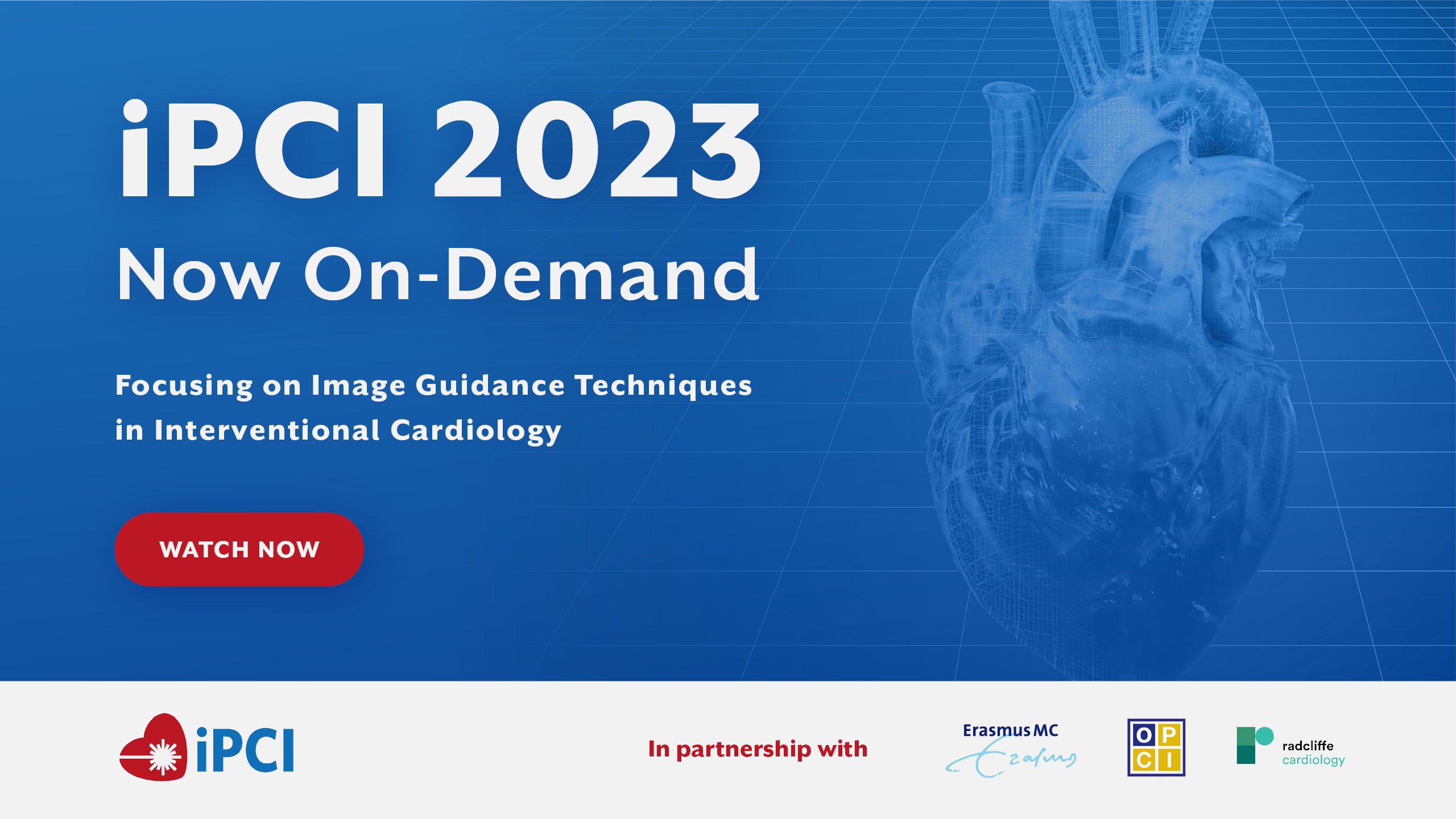 Up Next
Up Next -
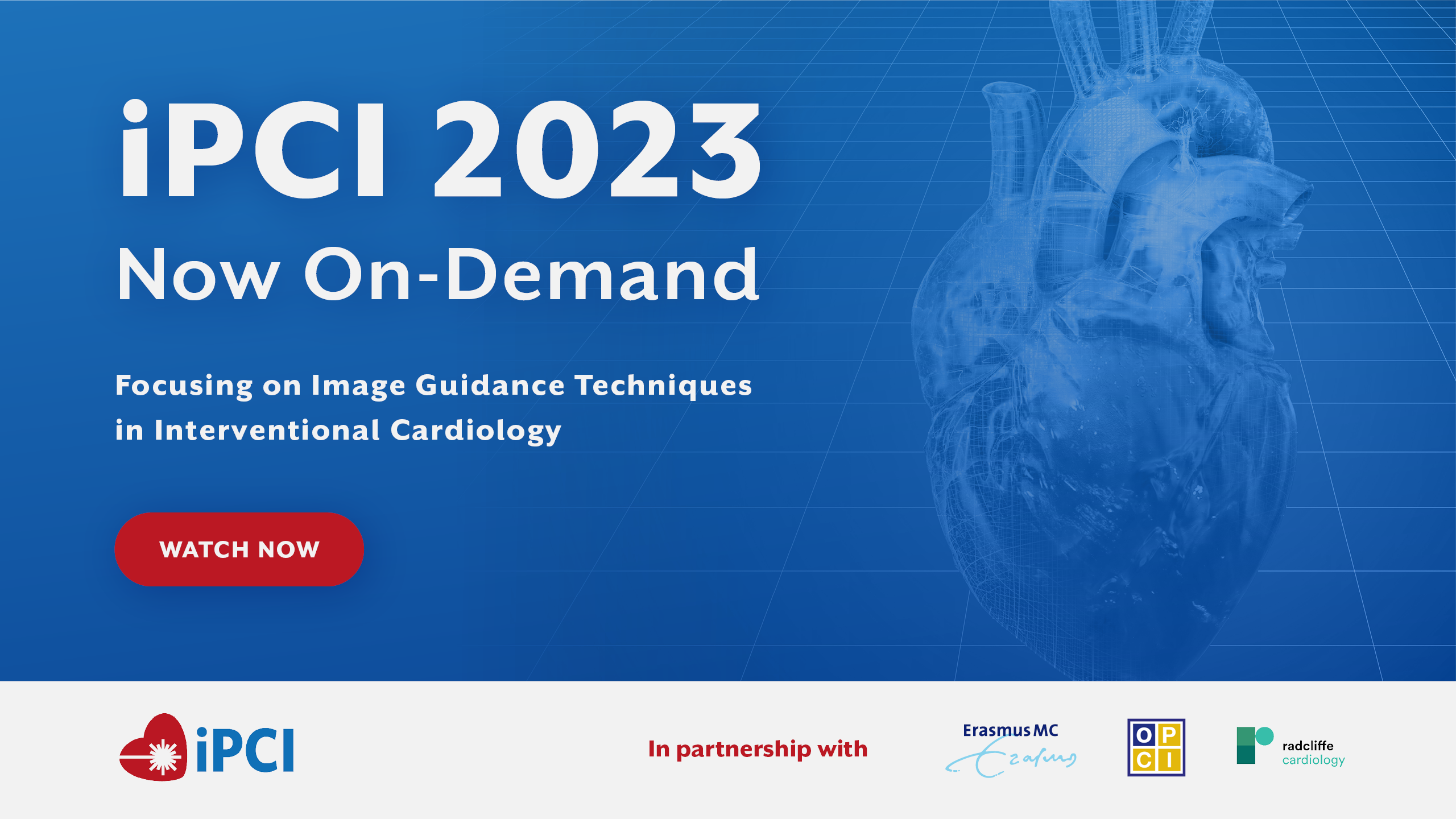 1h 2m 7sPart 2 | Session 3 Procedural planning
1h 2m 7sPart 2 | Session 3 Procedural planning -
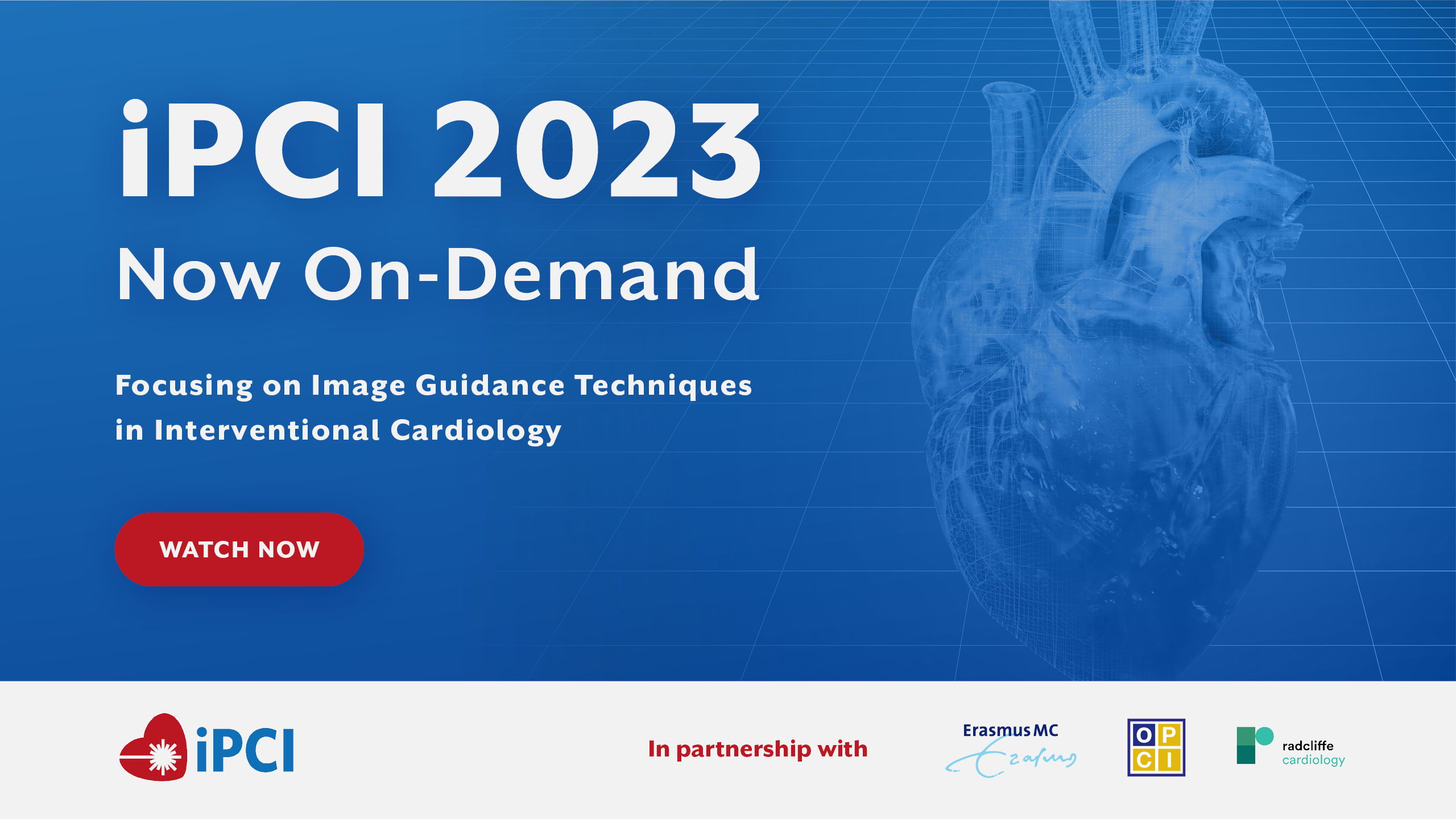 52m 28sPart 2 | Session 4 Imaging for special indications
52m 28sPart 2 | Session 4 Imaging for special indications -
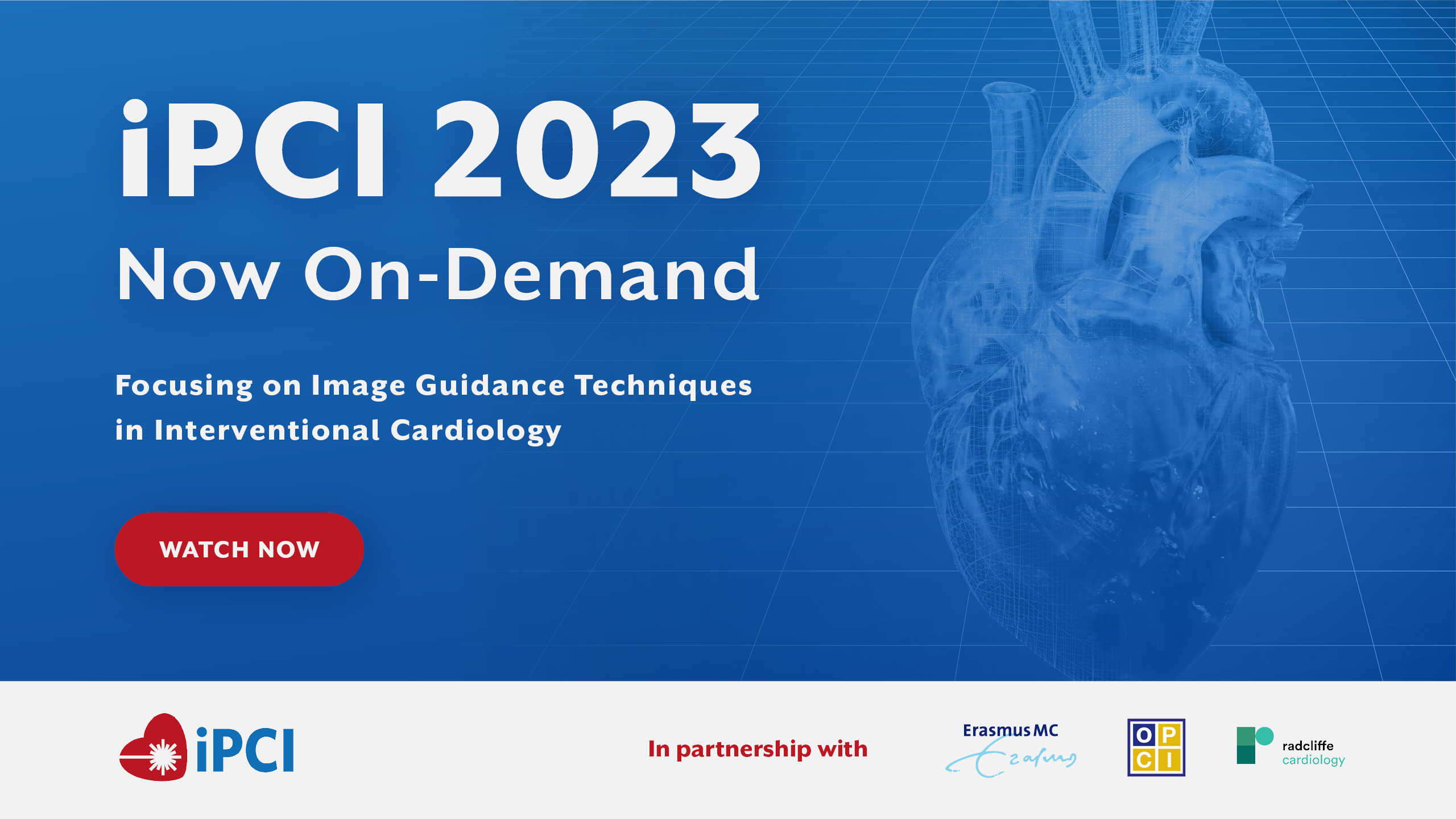 57m 15sPart 2 | Session 5 Live case 2 Catharina Hospital, Eindhoven, NL
57m 15sPart 2 | Session 5 Live case 2 Catharina Hospital, Eindhoven, NL -
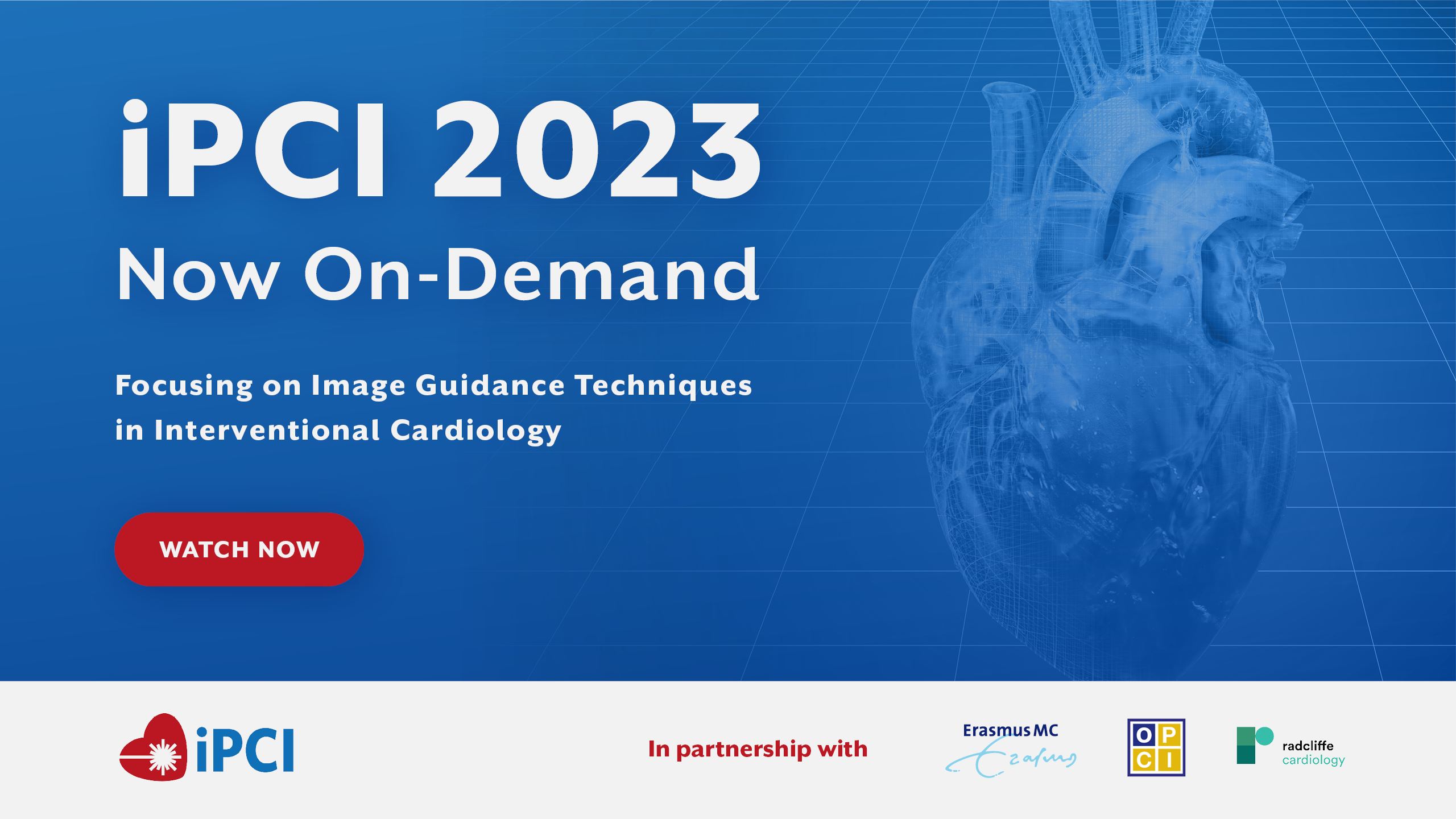 1h 13m 28sPart 2 | Session 6 PCI optimisation
1h 13m 28sPart 2 | Session 6 PCI optimisation
-
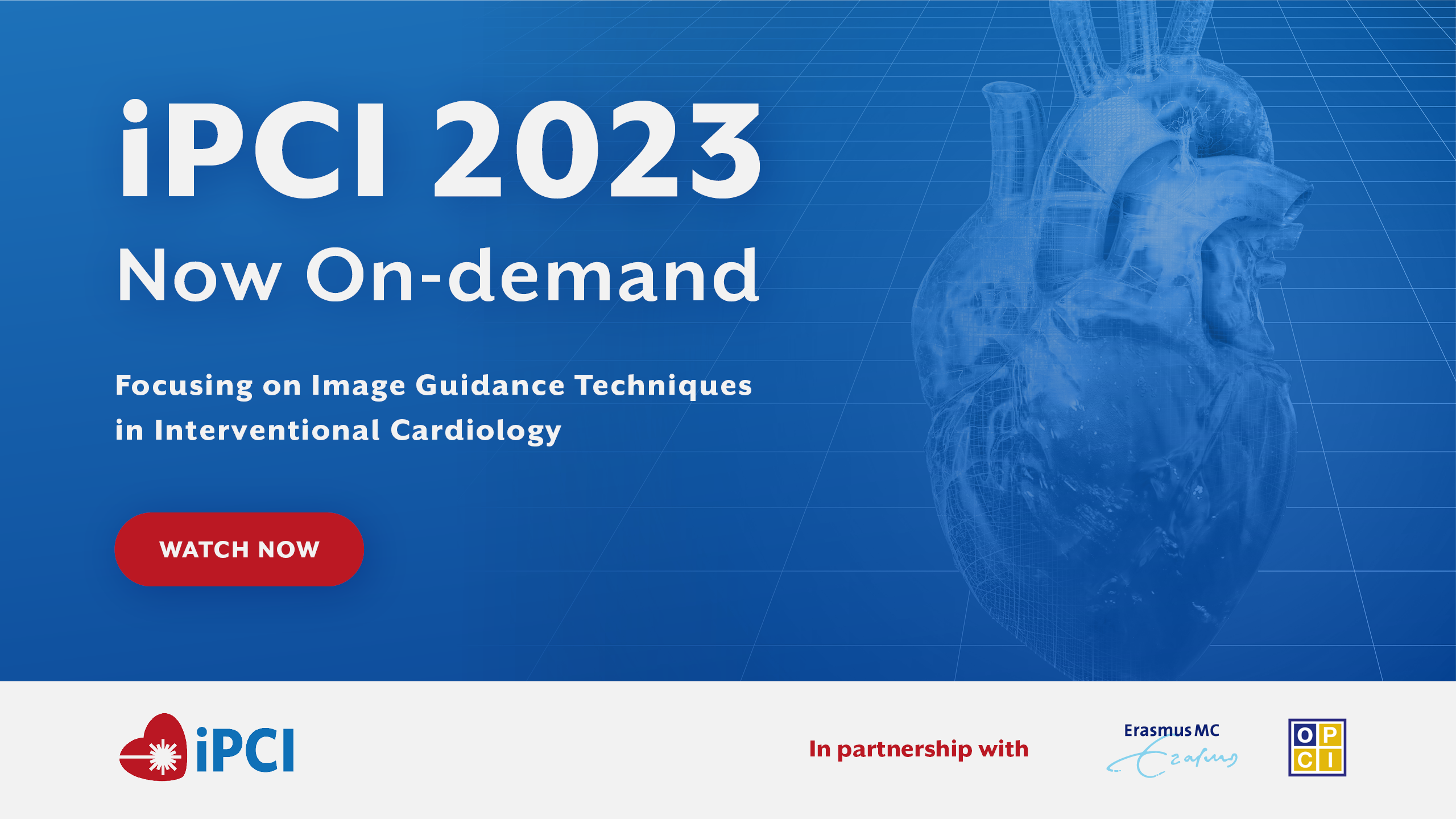 1h 5m 38sPart 1 | Session 1 Welcome and Current options for plaque characterisation Joost Daemen, Gijs van Soest, Hector M Garcia-Garcia, Richard A Shlofmitz, Giulio Guagliumi, David Erlinge, Alexander Hirsch
1h 5m 38sPart 1 | Session 1 Welcome and Current options for plaque characterisation Joost Daemen, Gijs van Soest, Hector M Garcia-Garcia, Richard A Shlofmitz, Giulio Guagliumi, David Erlinge, Alexander Hirsch
-
 44m 3sPart 1 | Session 2 Keynote lecture: Learn IVUS from the Master Ton van der Steen, Gary Mintz
44m 3sPart 1 | Session 2 Keynote lecture: Learn IVUS from the Master Ton van der Steen, Gary Mintz
-
 1h 10m 30sPart 1 | Session 3 Future options for plaque characterisation: device empowered Ton van der Steen, Brett Bouma, Gijs van Soest, Laura Marcu, Ziad A Ali
1h 10m 30sPart 1 | Session 3 Future options for plaque characterisation: device empowered Ton van der Steen, Brett Bouma, Gijs van Soest, Laura Marcu, Ziad A Ali
-
 1h 5m 32sPart 1 | Session 4 Future options for plaque characterisation: computationally empowered Gijs van Soest, Hector M Garcia-Garcia, Shengnan Liu, Shengxian Tu, Frank Gijsen, Jolanda Wentzel
1h 5m 32sPart 1 | Session 4 Future options for plaque characterisation: computationally empowered Gijs van Soest, Hector M Garcia-Garcia, Shengnan Liu, Shengxian Tu, Frank Gijsen, Jolanda Wentzel
-
 49m 22sPart 1 | Session 5 Live case 1 Erasmus University Medical Center, Rotterdam, NL Giulio Guagliumi, Elvin Kedhi, Natalia Pinilla, James Spratt, Evan Shlofmitz
49m 22sPart 1 | Session 5 Live case 1 Erasmus University Medical Center, Rotterdam, NL Giulio Guagliumi, Elvin Kedhi, Natalia Pinilla, James Spratt, Evan Shlofmitz
-
 1h 7m 21sPart 1 | Session 6 Plaques and drugs Allen Jeremias, Takashi Akasaka, Hector M Garcia-Garcia, David Erlinge, Joost Daemen, Isabella Kardys
1h 7m 21sPart 1 | Session 6 Plaques and drugs Allen Jeremias, Takashi Akasaka, Hector M Garcia-Garcia, David Erlinge, Joost Daemen, Isabella Kardys
-
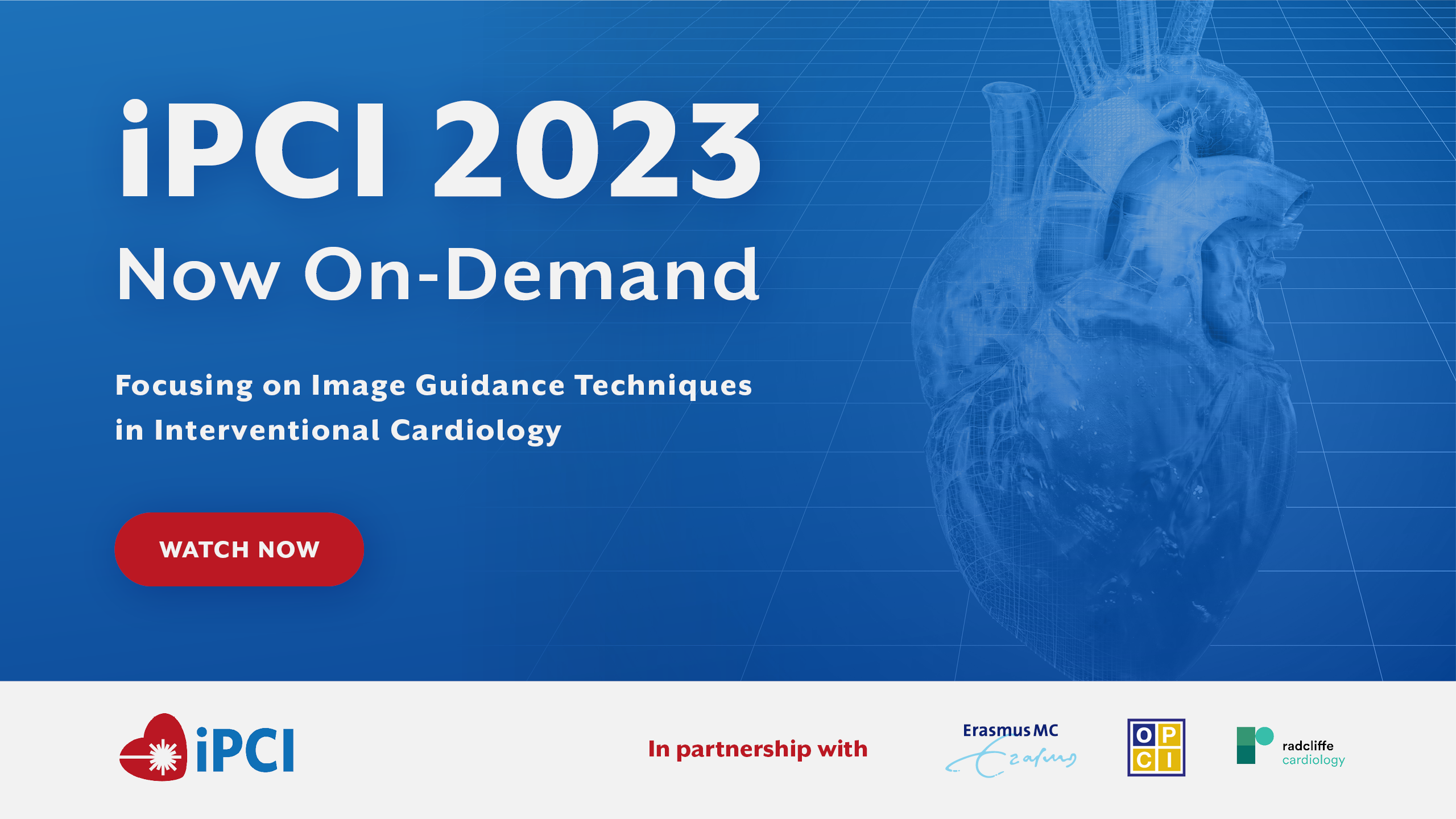 1h 10m 43sPart 2 | Session 1 Welcome and Lesion significance assessment Joost Daemen, Gijs van Soest, Bon-Kwon Koo, Carlos Collet, Zsolt Piroth, Tim P van de Hoef, Shengxian Tu
1h 10m 43sPart 2 | Session 1 Welcome and Lesion significance assessment Joost Daemen, Gijs van Soest, Bon-Kwon Koo, Carlos Collet, Zsolt Piroth, Tim P van de Hoef, Shengxian Tu
Overview
iPCI 2023 was a live two-day event, held on the 13–14 April at the LantarenVenster theatre in Rotterdam, NL. Focusing on image guidance techniques in interventional cardiology, with an educational focus on state-of-the-art imaging and physiology research, iPCI was led by a global faculty of over 35 physicians and engineers.
Led by Course Directors Dr Joost Daemen and Prof Dr Gijs van Soest (Thoraxcenter, Erasmus University Medical Center, Rotterdam, NL) iPCI aimed to optimise theoretical and practical education to maximise patient outcomes.
iPCI is a successor of Optics in Cardiology, which ran five exciting editions from 2011. For the first time, the dissemination of iPCI sessions extended beyond the venue – a free-to-access live virtual broadcast was open to physicians globally.
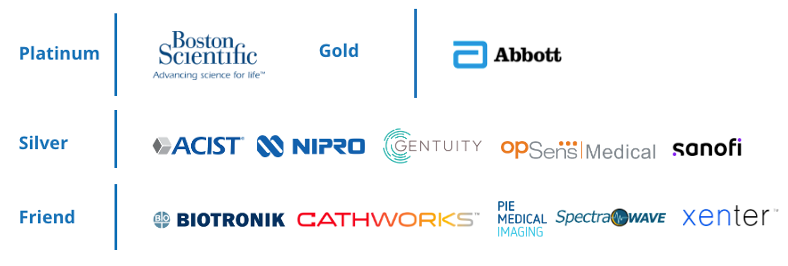
Learning Objectives
- Understand invasive plaque characterisation using existing technologies
- Learn about state-of-the-art plaque characterisation using novel technologies and combined imaging modalities
- Get hands-on experience with current IVUS and OCT modalities to recognise different types of plaque
- Learn about the impact of pharmacotherapeutic agents on plaque progression
- Learn how to assess the physiological impact of coronary plaques using the most recent technological developments
- Learn how to do procedural planning using state-of-the-art coronary imaging and physiology tools
- Understand the principles of PCI optimisation using intracoronary imaging and physiology
Target Audience
- Interventional Cardiologists
- Biomedical Imaging Engineers
More from this programme
Part 1
Day One
Part 2
Day Two
Faculty Biographies
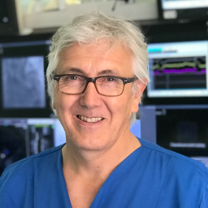
Javier Escaned
Head of Interventional Cardiology
Prof Javier Escaned is Head of the Interventional Cardiology Section at Hospital Clinico San Carlos (Madrid, Spain). He trained as a cardiologist in the United Kingdom (Queen Elizabeth University Hospital, Birmingham and Walsgrave Hospital, Coventry) before moving to the Thoraxcenter/Rotterdam (The Netherlands), where he obtained his PhD degree in 1994.
He has authored over 300 scientific articles, books and book chapters on different aspects of interventional cardiology; his latest contribution is Coronary Stenosis. Imaging, Structure and Physiology, a large textbook endorsed by the European Association of Percutaneous Cardiovascular Interventions/European Society of Cardiology (EAPCI/ESC), with its latest edition published in 2015. His main interests in the field of interventional cardiology include intracoronary imaging and physiology, complex percutaneous coronary intervention including chronic total occlusion recanalisation, and acute coronary syndromes.
He…
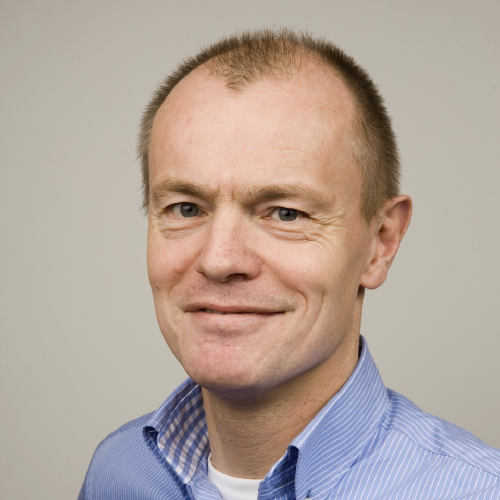
Dirk Duncker
Professor of Experimental Cardiology
Academic History
Dr Dirk Duncker attended Erasmus University Rotterdam, and earned his MSc degree in 1984. He interrupted his medical studies to obtain a PhD in Pharmacology in 1988, and went on to complete his medical training in 1989. His research interests include regulation of coronary blood flow and cardiac function in health, as well as a variety of cardiovascular disorders.
Career Overview
Prof Duncker is currently Professor of Experimental Cardiology at the University Medical Center Rotterdam in the Netherlands. Previously, Prof Duncker has worked as a Post-Doctorate Research Fellow in the Laboratory for Experimental Cardiology at Erasmus Medical Center between 1989 – 1991, before…






Comments